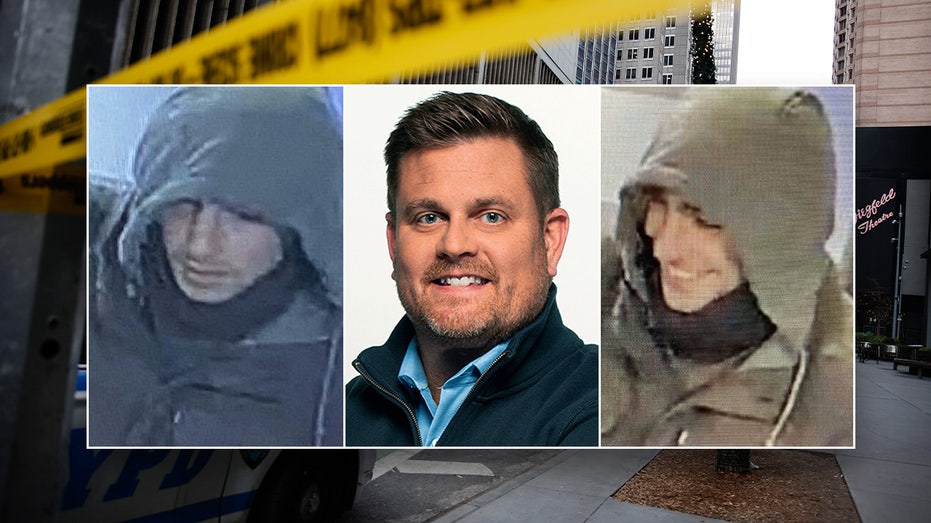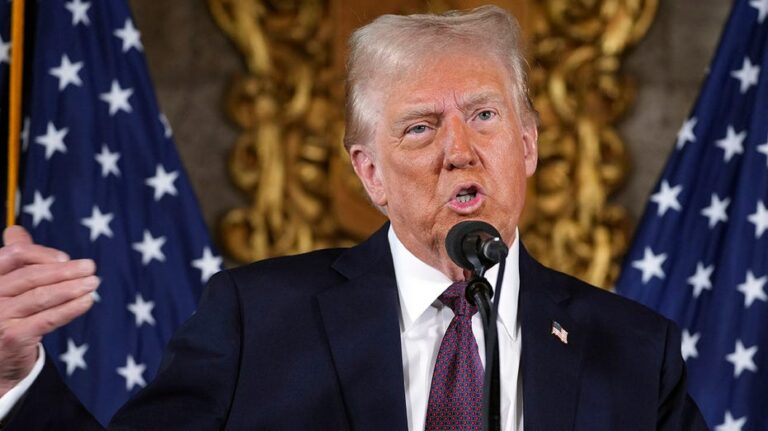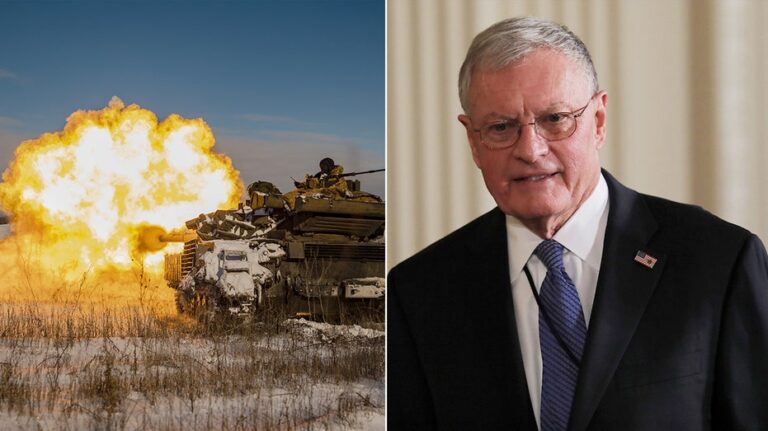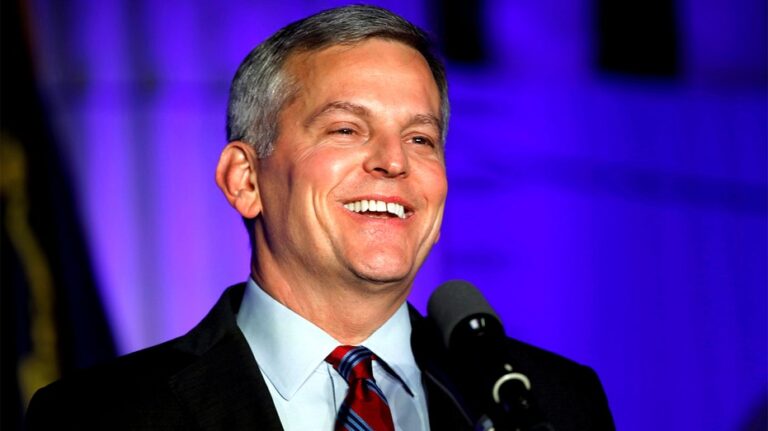
Security experts told Fox News Digital that the Wednesday assassination of UnitedHealthcare CEO Brian Thompson has already stirred up a heightened focus on executive security.
The Wednesday assassination of UnitedHealthcare CEO Brian Thompson will “heighten [executives’] awareness of vulnerabilities” and likely lead to a wave of new security contracts, experts told Fox News Digital.
In an ambush caught on surveillance video, a gunman with his face covered aimed a pistol with a silencer at Thompson at 6:46 a.m. Wednesday outside the Midtown Hilton Hotel and shot the executive three times.
Former New York Homeland Security adviser Michael Balboni told Fox News Digital that at least one prospective client, the head of a large financial institution, specifically mentioned the shooting when calling to ask after an executive-protection assessment through his company, Redland Strategies Inc.
“In the short term, this incident highlights the need to perform threat assessments on not just infrastructure or systems, but key personnel as well,” he said. “As a result, security personnel should be busy.”
UNITEDHEALTHCARE CEO BRIAN THOMPSON’S ‘PREMEDITATED’ ATTACK AND SUSPECT’S GETAWAY: TIMELINE
“But in the long term, complacency will return,” he added.
Retired NYPD detective Pat Brosnan, the CEO of Brosnan Investigations Group and former head of Brosnan Risk Consultants, told Fox News Digital that the killing had “already, within hours of the murder, prompted meetings of high-level, chief security officers around the country.”
“These emergency meetings were prompted by the extraordinary circumstances surrounding Thompson’s murder: a clearly targeted early morning assassination by a calm and eerily unrushed assassin with clear proficiencies in handling the weapon; the wherewithal and foresight to outfit the weapon with a very difficult-to-obtain silencer; and, likely most disturbing, [possession] of insider information regarding the target’s schedule.”
UNITEDHEALTHCARE CEO MURDER: INVESTIGATORS START SMALL, FOCUS ON FAMILY IN SEARCH OF MOTIVE
“His methodical and calm fixing of the weapon when it jammed likely sent an ice pick of fear into each of the CSOs (chief security officers),” he said. “It is exactly this type of apparent professionalism, linear focus on his mission and precise exit strategy coupled with specific intelligence as to the target’s movements that keep CSOs up late at night.”
“I am certain it prompted many of them to quickly reassess their current security protocols and procedures to mitigate against a copycat,” Brosnan continued.
MANHUNT FOR UNITEDHEALTH CEO SHOOTING SUSPECT ENTERS SECOND DAY AS STARBUCKS VISIT DRAWS SCRUTINY
Philip Klein – whose security company has provided bodyguards for Thompson in the past – told the Wall Street Journal that he was surprised his former client wasn’t accompanied on Wednesday.
“It was normal operation for that company that they would have their own private security team to take care of their corporate executives,” Klein told the outlet.
Fox News Digital previously reported that Thompson’s wife, Paulette Thompson, had said that there had been recent threats against her husband.
“There had been some threats,” she told NBC News. “Basically, I don’t know, a lack of coverage? I don’t know details. I just know that he said there were some people that had been threatening him.”
Although there has been a spike in risk assessments after the shooting, Balboni said that it will likely be short-lived.
CLICK HERE TO GET THE FOX NEWS APP
“During [the Black Lives Matter movement] there was a boost in retail security, for example,” he said. “But time goes on, and that goes away.”
“There might be an elevation of concern, but it’s going to go back to complacency,” he continued. “In the short term, yes, [executives will] at least [get] an assessment on these things to get professionals to do that. . . . But more executives I know say, ‘Not me, somebody else, it’s not going to happen to me.'”
“There are all sorts of problems that can happen – it becomes a personality thing,” he continued. “You’re [often] living with the protectee. . . . A lot of people after a certain amount of time are like, ‘Enough, I don’t want you around.'”



